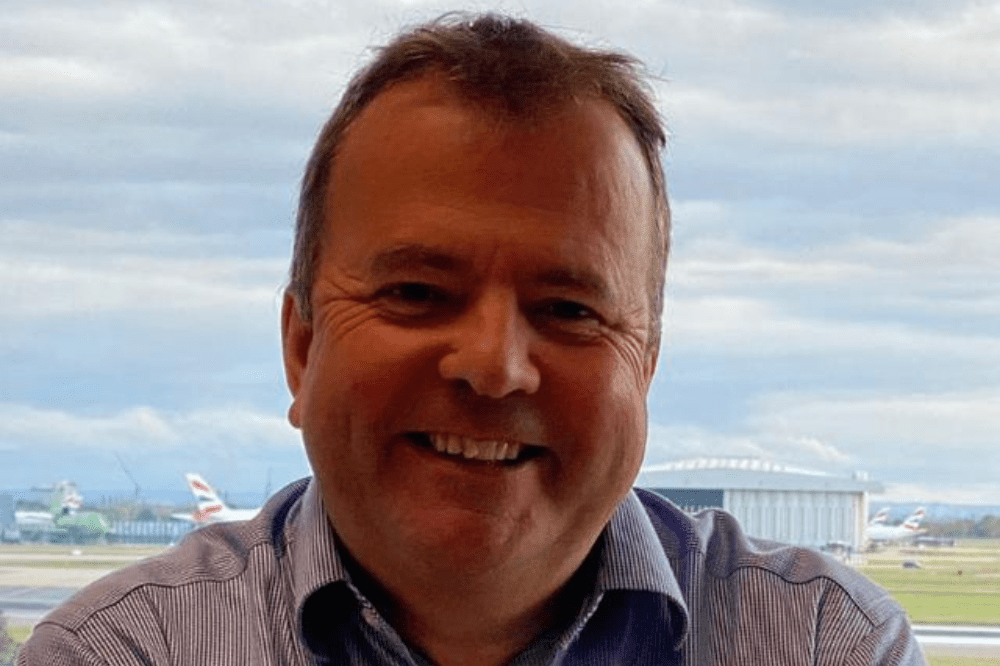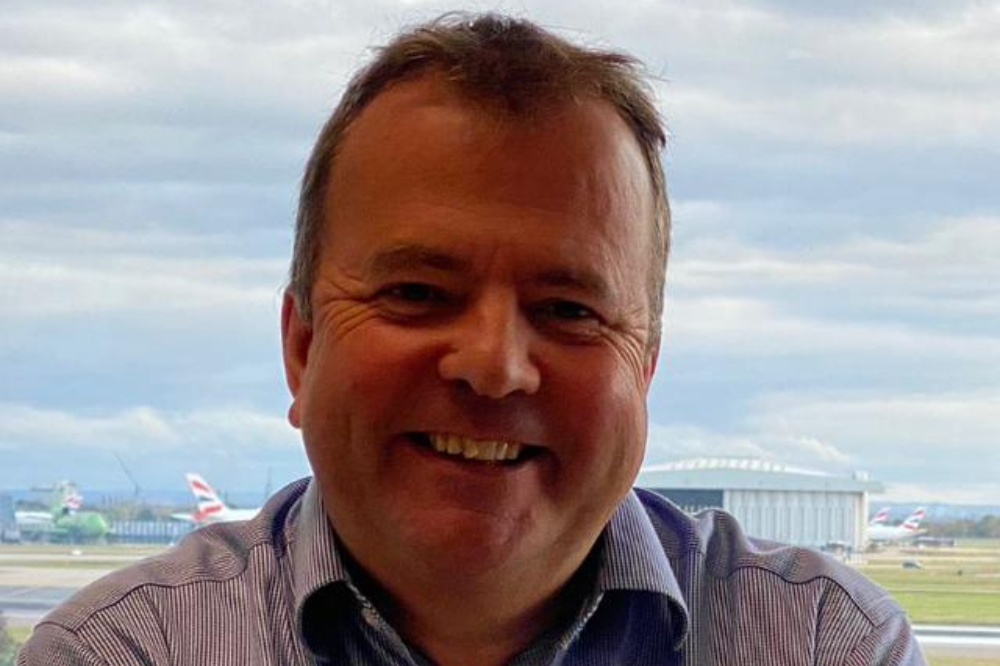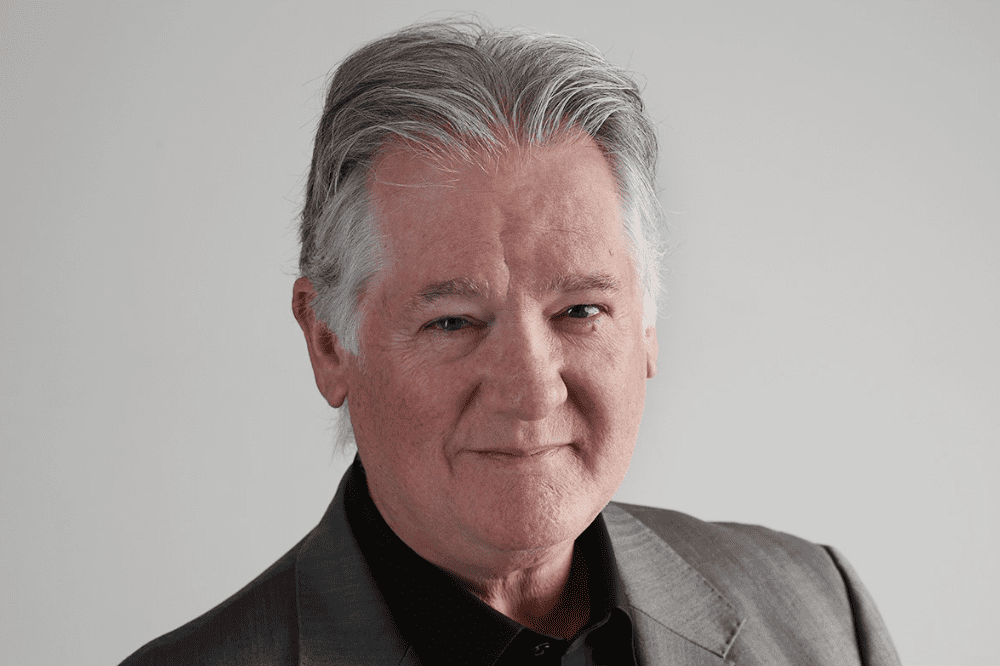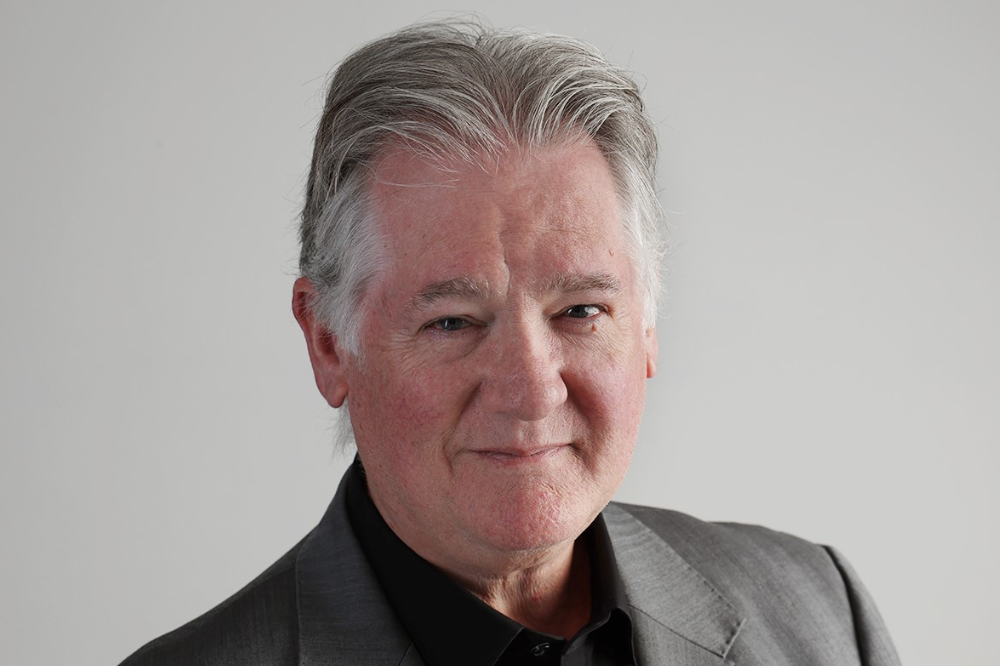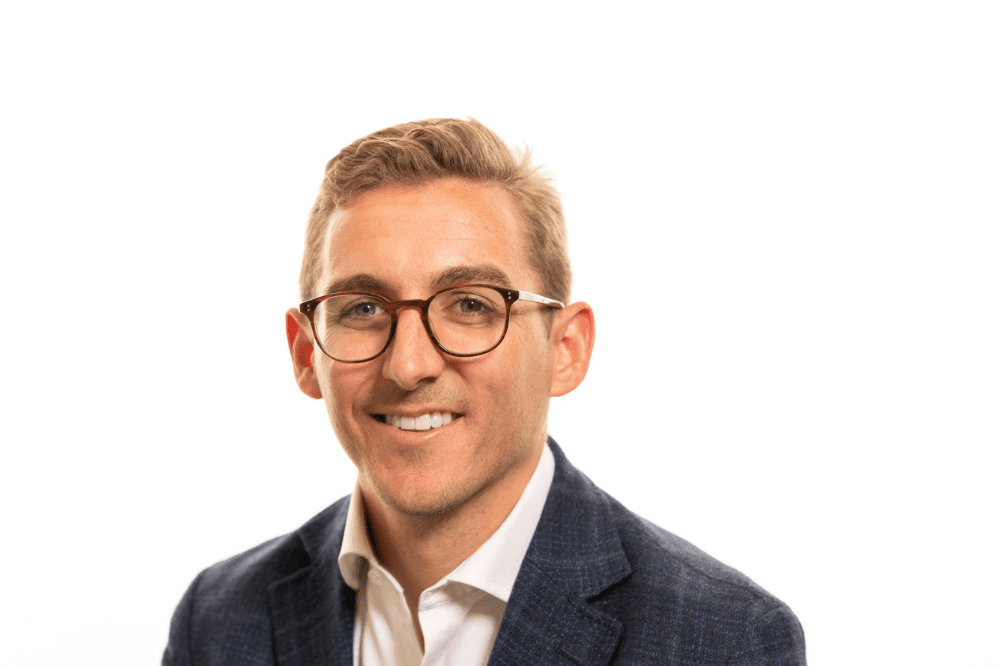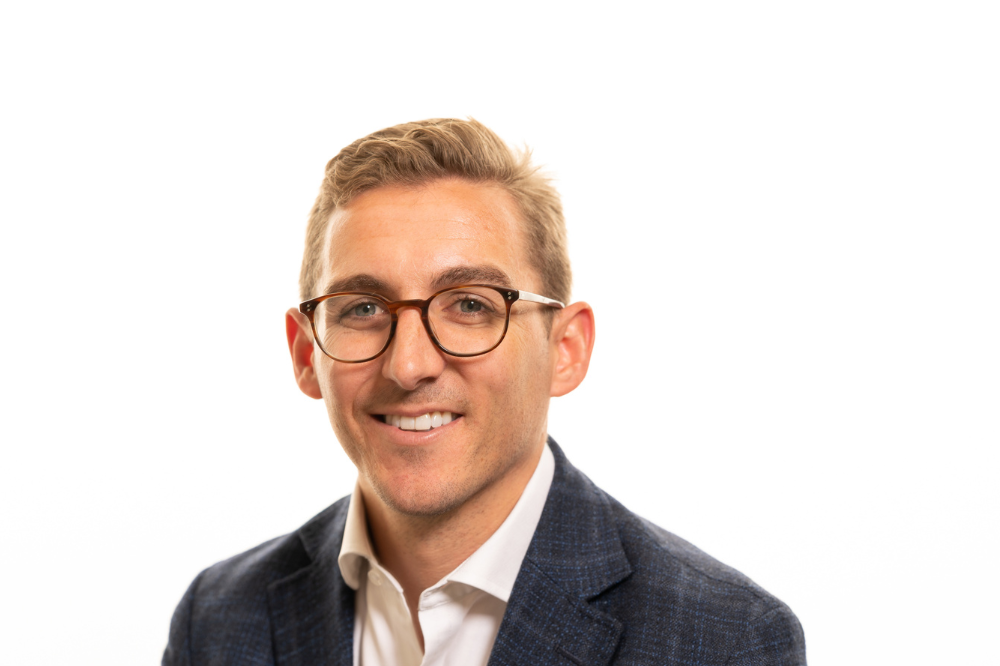

In this part of our client education series, we will explain the meaning behind common industry buzzwords to help consumers gain a proper understanding of how different insurance policies work, so they can find the coverage that best suits their needs. We encourage agents and brokers to share this article with their clients to help them navigate these complexities.
If you are looking for a specific term, push control + F (or Command + F on Mac) and then type in the word to find the definition right away.
The insurance terms below are divided into five categories:
- General terms – for buzzwords that apply to all insurance policies
- Auto insurance terms – for terms that apply exclusively to car insurance
- Health insurance terms – for accident and health insurance industry buzzwords
- Home insurance terms – for terms often used in property insurance such as homeowners’, landlord, and renters’ policies
- Life insurance terms – for jargon commonly found in life insurance policies
The definitions below were based on the glossaries of industry bodies National Association of Insurance Commissioners (NAIC), Insurance Information Institute (Triple-I), and International Risk Management Institute (IRMI), and several insurance industry specialists—including myself!
All-risk
All-risk coverage, also referred to as open perils, insures against all types of losses, except for those that are specifically excluded from the policy. This applies to several property and casualty (P&C) categories, including homeowners, auto, and commercial insurance.
Cancellation
This refers to the cancellation of an insurance policy before the specified end-date. Typically, policyholders get a refund for any unused premiums, although insurers may charge a cancellation fee.
Claim/Claimant
An insurance claim is a formal request filed by the policyholder to their insurer for compensation for covered losses or damages. These can include vehicular accidents for auto insurance, storm damage for homeowners’ policies, and emergency surgeries for health insurance plans.
A claimant, meanwhile, is the person who files the claim. In most cases, this is the policyholder.
Conditions (Policy conditions)
This is the section of a policy document that explains the duties and responsibilities of the insured (policyholder) and the insurance company. It also states the requirements that need to be met for the coverage to be valid.
Commencement date
This is the date when the insurance policy goes into force. It is also known as the effective date.
Declarations page
This section of the policy document, also called the dec page, summarizes the details of the policy. It contains the coverages, limits, deductibles, and effective date. This page is often located on the front page of the policy.
Deductible
A deductible is the amount the policyholder agrees to pay out-of-pocket before the insurance company shoulders the cost. Typically, the higher the deductible, the lower the premiums as the insurers bear less financial risk.
EMBED: <iframe width=”560″ height=”315″ src=”https://www.youtube.com/embed/DCIyEbbWMnk?start=9″ title=”YouTube video player” frameborder=”0″ allow=”accelerometer; autoplay; clipboard-write; encrypted-media; gyroscope; picture-in-picture” allowfullscreen></iframe>
There is no getting around paying insurance deductibles. Even the largest insurance companies in the world have these policies, and their main goal is to make it so insurance companies don’t get flooded with small claims.
Hazard
A hazard is a situation or condition that raises the likelihood that a loss will occur. Ice on sidewalks, for example, increases the chance of a person slipping and getting injured, while smoking raises the probability of a policyholder getting lung cancer.
This is different from a peril, which is something that causes a loss. This includes fire, theft, collisions, natural disasters, illnesses, and death.
Lapse
This refers to a period when one goes without insurance coverage. If a person, for example, fails to renew their auto insurance policy, then they now have a lapse in coverage.
Loss
A loss is the basis for filing an insurance claim. This includes direct and accidental damage the insured or their property sustains.
Named insured
The named insured is the person or business named in the policy, also referred to as the policyholder. An insurance policy can have more than one named insured. The named insureds are listed on the declarations page of the policy document.
Named perils
These are the specific type of losses or damages listed in the policy document. A named perils coverage provides protection against these.
Policy
An insurance policy is a written contract between the policyholder and the insurer that lays out the details of the coverage. This includes coverage, exclusions, deductibles, and premiums.
Premium
This is the amount charged by an insurance company in return for coverage. There are several factors that impact premiums. These include age, gender, and driving history for auto insurance, weather-related and crime risks in an area for homeowners’ policies, and medical history and smoking status for life insurance.
Rider
A rider, sometimes referred to as an endorsement, is an optional coverage that policyholders can add to their policies. This includes identity theft and water backup coverage for home insurance, and accident forgiveness and roadside assistance for auto policies.
Agreed value
This type of policy pays out for the value agreed upon by the policyholder and insurance company when the policy was purchased in the event the vehicle is wrecked beyond repair. This is as opposed to stated value coverage, which reimburses whichever is lower between the stated value or actual cash value at the time of the loss.
Bodily injury coverage
Also known as bodily injury liability, this pays for the medical expenses a third party incurs due to an accident cause by the policyholder. This policy also covers legal costs in the event the insured is sued for damages.
Collision coverage
This part of an auto insurance policy covers the cost of damages resulting from a collision with another vehicle or object, or the car flipping over.
Comprehensive coverage
This is the portion of a car insurance policy that pays out damages not caused by a collision such as fire, vandalism, and natural disasters. It also covers incidents of vehicle theft.
Medical payments coverage (auto)
Also called Med Pay, this is an optional coverage that helps pay for medical expenses that the policyholder and their passengers incur due to a car accident, even if the driver was at-fault.
Motor vehicle report (MVR)
The MVR details a person’s driving history, including accidents and traffic violations, as reported to a state’s motor department.
Personal injury protection (PIP)
PIP is a part of an auto insurance policy that provides coverage for medical and other expenses resulting from a vehicular accident, regardless of who is at-fault. It covers the policyholder, the car’s passengers, and anyone driving the vehicle for injuries sustained from a collision, even those who do not carry insurance.
Telematics insurance
Also called usage-based insurance or UBI, this works by adopting onboard technology or mobile applications to monitor a policyholder’s driving habits. Telematics then uses the information gathered to reward safe drivers in the form of discounted premiums or, in some instances, penalize risky motorists in the form of surcharges.
Uninsured motorist coverage
Uninsured motorist coverage, also referred to as UM, is designed to provide compensation to policyholders when an at-fault driver does not have liability insurance or illegally leaves the scene of the crash.
Underinsured motorist coverage
Underinsured motorist coverage, or UIM, works almost exactly the same as UM. The only difference is that UIM provides protection when the at-fault driver carries insurance, but their coverage is not enough the pay for all expenses.
Would you like a little bit of help with getting your premiums down? Read our list of the 10 cheapest cars for you to insure in the UK.
Ambulatory services
These are health services provided to policyholders who are not confined to a healthcare institution. Ambulatory services are also referred to as outpatient services.
Assisted living care coverage
This type of coverage pays out if the policyholder is confined to an assisted living facility. Some health insurers offer this type of policy as a rider.
Benefits
These refer to the total expenditures paid out by an insurer for health care services accessed by the policyholder, including medical and hospital bills.
Calendar year deductible
This is the amount that the policyholder must pay during a calendar year before the health insurance company covers the costs.
Coinsurance
Coinsurance is the portion of coverage that the policyholder must pay for covered services after the deductible has been paid. Coinsurance rates are often indicated as a percentage. For example, if the insurer pays 80% of the claim, the policyholder will shoulder the remaining 20%.
Copayment
This is usually a flat fee that the policyholder pays for certain medical services, with the rest covered by the insurance provider.
Group health coverage
This is an organization- or employer-sponsored plan that covers members or employees, as well as their dependents, under a single policy.
Long-term care coverage
Long-term care insurance, also called LTCI, pays out the cost of medical and non-medical services provided for senior-aged individuals who have lost the ability to care for themselves. It covers individuals cared for at home, nursing homes, assisted living facilities, or adult day care centers.
Out-of-network provider
This refers to health services providers who are not part of a health plan’s network. Policyholders have the option to access out-of-network providers, but they generally pay more for their services.
Out-of-pocket maximum
This is the highest amount the policyholder pays during a year for coverage. This includes coinsurance, copayments, and deductibles, but is on top of the regular premiums. Once the out-of-pocket maximum has been reached, the health insurer will cover all expenses for the rest of the year.
Want to learn more? Read our list of the 10 largest health insurance providers in the US.
Actual cash value coverage
This pays for the value of the property at the time of the loss, factoring in depreciation. This is as opposed to replacement cost coverage, which is explained below.
Additional living expenses coverage
This covers the cost incurred if the home becomes uninhabitable due to a covered loss. Coverage is standard in most homeowners’, condo, and renters’ insurance policies, and includes meals and hotel stays. This type of policy is also referred to as loss of use coverage.
Appraisal
Appraisals are often conducted to get an accurate estimate of the cost to rebuild a home, settle claim valuation disputes, and provide sufficient coverage for personal belongings.
Market value
This value refers to how much a property will sell in the market.
Medical payments coverage (property)
This type of policy covers the medical expenses of guests who are accidentally injured within a property’s premises, regardless of who is at-fault. Coverage does not include the members of the owner’s household.
Other structure
This refers to structures within the property’s premises that are not directly attached to the house such as a garage, fence, or shed. Depending on the policy, these may be covered under homeowners’ insurance.
Personal injury coverage
This type of policy covers instances other than bodily injury and property damage. These incidents include false arrest, invasion of privacy, libel, slander, and wrongful eviction.
Replacement cost coverage
This covers the cost to repair or replace damaged property without factoring in depreciation. This type of coverage applies to the house, also called dwelling, and personal belongings.
Scheduled personal property coverage
This type of rider allows the homeowner to raise the amount of their policy limits to cover for high-value items such as jewelry, artwork, musical instruments, and other collectibles.
Water backup coverage
This optional coverage pays out for damages caused by backed-up drains, clogged sewer lines, and failed sump pumps, as well as mold buildup resulting from these events.
Beneficiary
A beneficiary is the person or entity that the policyholder designates to receive the death benefit. This can be the insured’s spouse, immediate family, other relatives, friends, business partners, or even a charitable organization. Policyholders can name several beneficiaries for their life insurance plans and assign how much benefit each person or group will receive.
Convertible term life insurance
This type of policy can be converted into permanent insurance without the need for medical assessment. The insurance company is required to renew the policy regardless of the insured’s health status, subject to policy conditions.
Death benefit
This refers to the amount that the insurer pays the beneficiary after the policyholder’s death.
Endowment policy
This type of coverage pays out the benefit either at the end of the contract period or upon the policyholder’s death. This is as opposed to standard life insurance policies, which pay the benefit only after the insured’s death.
Living benefits coverage
This rider provides long-term care coverage for the policyholder if they become terminally ill.
Permanent life insurance
Permanent policies provide guaranteed lifetime coverage and a cash value element that builds up over time that can be used as collateral if the policyholder decides to borrow.
Surrender value
This refers to the amount the policyholder will receive from the insurer if they decide to exit the policy before it matures. The value is often significantly lower than the actual benefit.
Term life insurance
This type of policy pays out a death benefit if the insured dies within a specified period. This means the insured can only access the payment in the years when the plan is active.
Universal life insurance
Universal life insurance is a type of permanent policy that uses different premium structures to build up savings, with the earnings based on how the market performs.
Whole life insurance
Whole life insurance is a type of permanent policy where the savings can grow at a guaranteed rate.
If you’re looking for some options here, read about the USA’s 15 largest life insurance companies.
Considering that insurance is designed to protect a person’s assets and loved ones, purchasing a policy requires careful planning and research. Having a firm understanding of these insurance buzzwords allows customers to find a policy that best fits their needs. With everyone speaking the same language, consumers can find the right coverage minus the frustration and disappointment.
Are there any more insurance terms that you want us to cover? Share them below and we will add them in an update.



